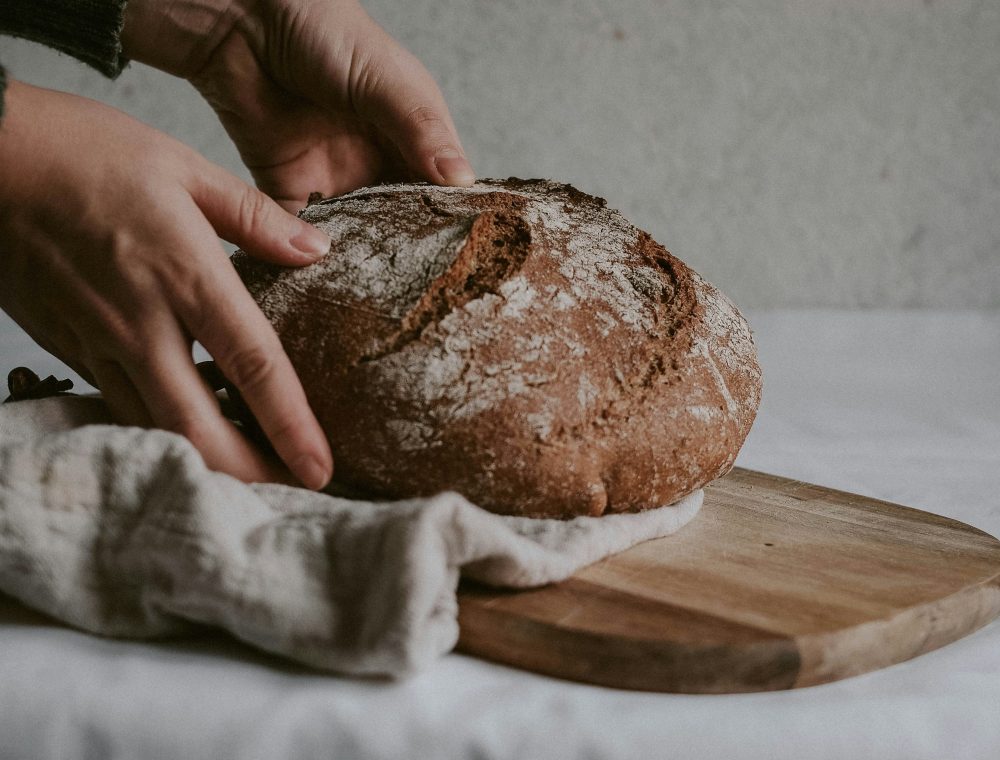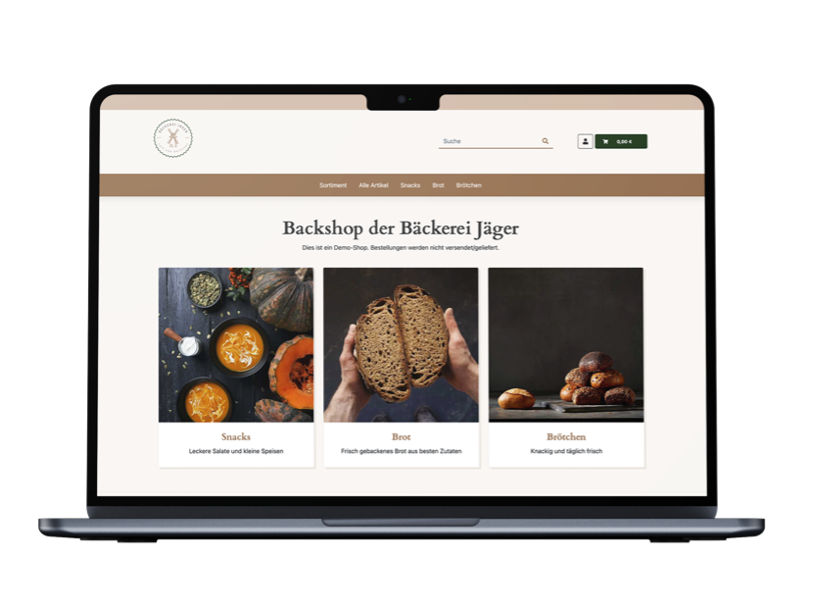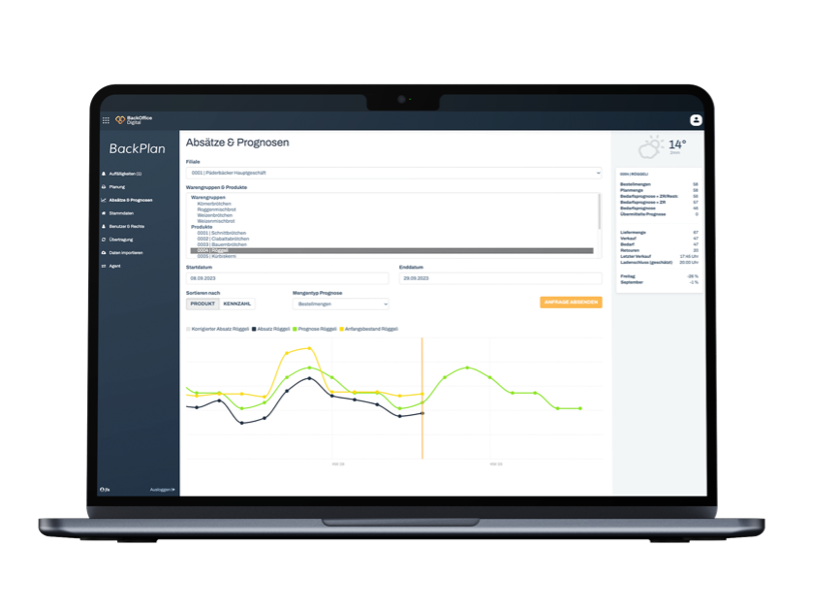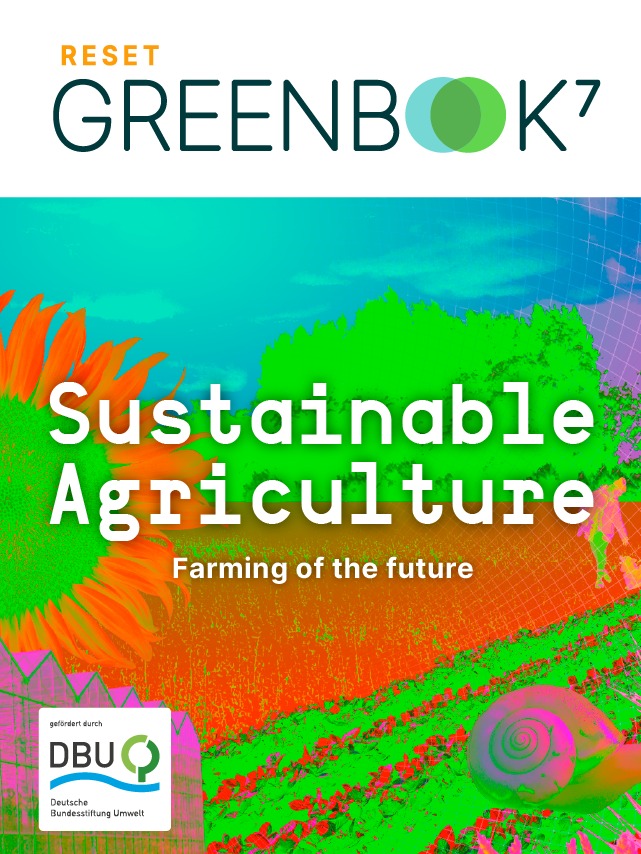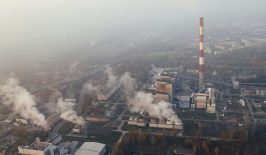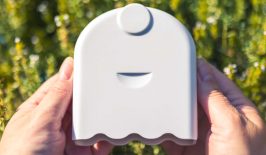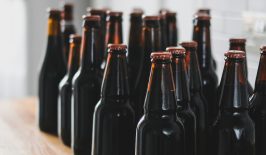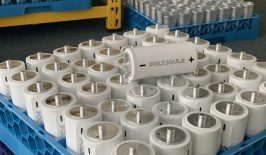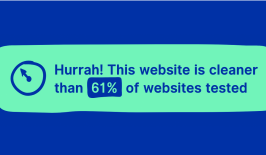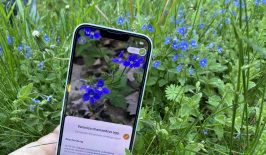Bread is one of the most important staple foods in the world, especially in Germany. According to the Central Association of the German Bakery Trade, around 56 kilograms of bread and baked goods are consumed per household every year in the country alone.
The craft has a long history that is deeply entrenched in German culture. The first bakers’ guilds were formed as early as the 10th century, and since then, recipes have been constantly revised and optimised. Baked goods from a traditional bakery are usually vastly different to industrially produced products from a large bakery or supermarket. Traditionally produced bread is usually of a higher quality, more varied in flavour and consistency and also more digestible due to the purer list of ingredients and longer dough resting time.
A new app aims to support traditional bakeries, aiding their competitiveness against large industrial bakeries. The hope is to both protect the historic craft, independent business, as well as to promote healthier (and tastier!) bread varieties.
BackDigital uses digitalisation to cook up something new for the bakery trade
BackDigital (German-only site) offers primarily small and medium-sized bakery enterprises a range of services, including business consulting and digital apps and web services. They focus on improving the company’s economic as well as ecological sustainability.
They refer to their first step as digital consulting, or a “digitalisation recipe”. The aim here is to jointly draw up tailored guidelines for the digitalisation of the business. They look at the business’s initial starting point, budget, size and desired goals before putting together appropriate building blocks for the successful implementation of a digital strategy.
The second step involves setting up a website and webshop for the bakery. BackDigital has developed a webshop solution with numerous advantages specifically for the baking industry. This enables bakeries to precisely understand their production quantities through pre-orders, reduce waiting times through better processes, operate targeted sales management through product placement and targeted online marketing, and to increase their overall sustainability.
According to Alicja Syawash from BackDigital, “with the intelligent sales forecasting tool BackPlan and the use of AI, sales can be precisely predicted and the availability of goods in the shops optimised. This allows baking businesses to increase their sales potential by up to 12 percent and reduce returns by up to 20 percent at the same time”.
The final step is the implementation and utilisation of useful apps. Their data-based programmes help to continuously improve internal processes. BackDigital offer solutions developed specifically for the baking industry; for example, providing targeted support for companies in their search for urgently needed skilled labour.
The traditional baker of tomorrow
BackDigital’s overall digital strategy has the potential to lead traditional bakeries successfully into the future. Importantly, bakeries can use the programmes to counteract food waste while increasing their efficiency. As buyers of flour and other raw materials, bakeries are also closely linked to agriculture. They influence agriculture through their choice of producers and raw materials. Suppose bakeries with a sustainable focus source their raw materials from farmers with organic farming methods. This would ultimately strengthen organic farming and at the same time drive forward the agricultural transition.
In addition to economic and ecological benefits, this business model offers companies another clear advantage: time. Employees in the baking industry know all too well how exhausting getting up before dawn can be. The bakeries could use the time gained to improve their recipes or develop new breads and other baked goods, for example.
Agriculture is facing major challenges: On the one hand, it is severely impacted by biodiversity loss and the effects of climate change. On the other, agriculture itself massively contributes to these issues.How can digital solutions on fields and farms help to protect species, soil and the climate?
We present solutions for a digital-ecological transformation towards sustainable agriculture. Find out more.
How can digital solutions on fields and farms help to protect species, soil and the climate?
We present solutions for a digital-ecological transformation towards sustainable agriculture. Find out more.
“Traditional artisan baking has a pioneering role in the food industry. Although industrially produced baked goods are widely available from supermarkets and discounters, there is still a strong demand for artisan baked goods. In the future, this could be a major advantage for traditional artisan bakeries, as consumers increasingly value high-quality, handmade products. Bakeries that combine innovative techniques with traditional methods could be particularly successful,” says Syawash.
Thanks to COVID as well as other significant market stressors in recent years, many traditional bakeries have had to close. Cost of living crises have meant that ingredients and therefore products have become more expensive overall. Our hope is that BackDigital can support traditional bakeries in their continued existence, or even encourage new independent businesses to open and flourish.
Let’s face it. There’s nothing quite like holding a warm loaf of bread, fresh from the bakery. Certainly in Germany, it doesn’t look like that simple pleasure will be taken from us any time soon.
